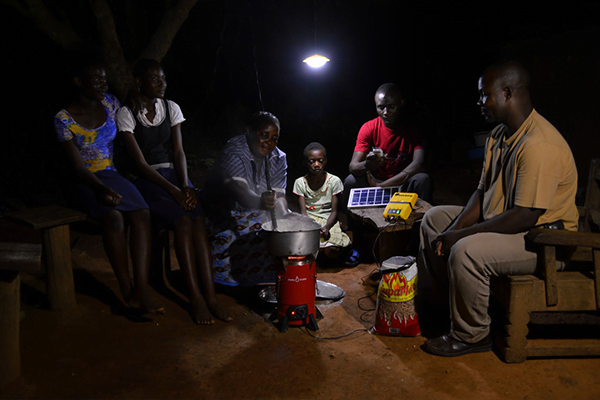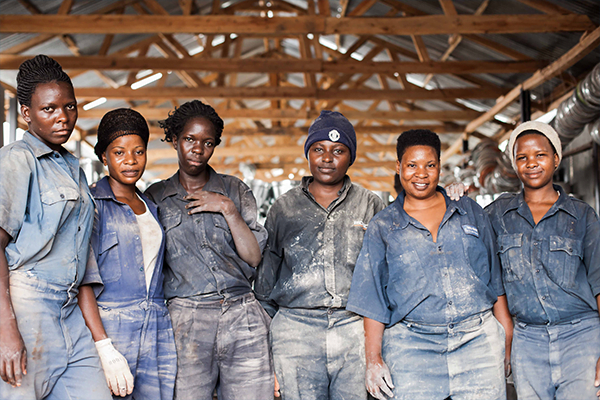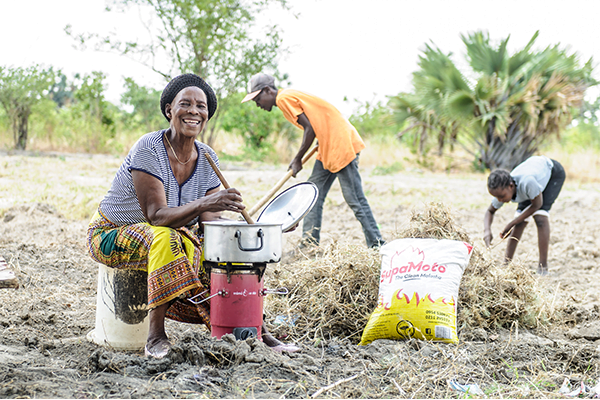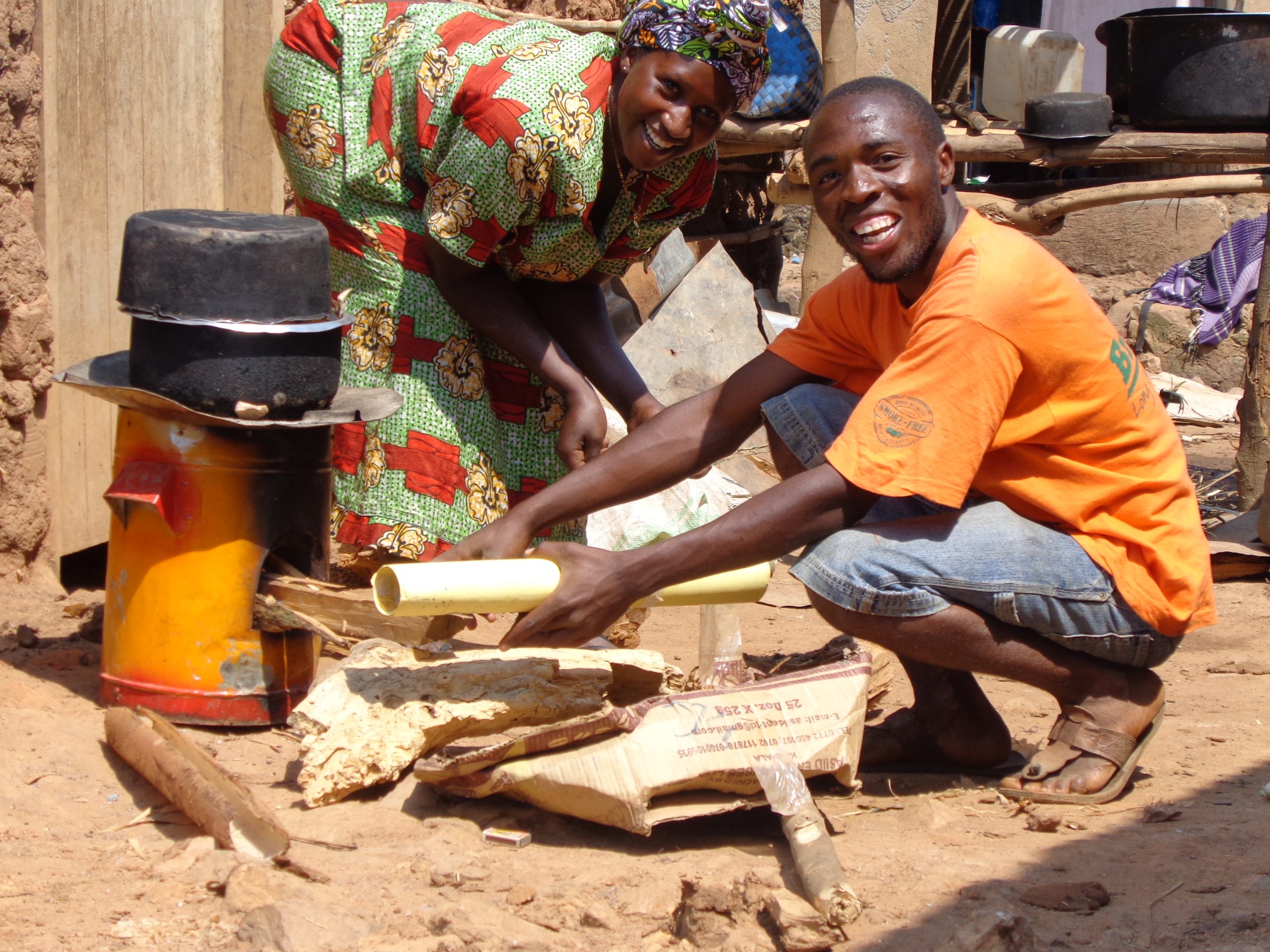
Ziwa Hillington’s interest in helping communities was kindled through his local church, which emphasised social outreach and support. Ziwa was not sure about his career direction but knew he wanted to have a social impact.
In Uganda, a lot of impact driven activities are implemented by local churches. It is a place where you learn about caring about communities. They have many small activities, for example income generating activities. I spent time supporting these and receiving training from the church leaders.
At 19 years old, Ziwa began volunteering at the Community Health and Information Network (CHAIN). The organisation was incubating several projects that combined health with affordable energy efficiency, such as providing communities with solar ovens to make bread. This grassroots work gave Ziwa a new perspective on the magnitude of poverty and unemployment in his country.
In 2011, he became assistant project coordinator on a CHAIN project that promoted energy efficiency technologies through carbon credits. One of the technologies was Solvatten, a Swedish solar water-purification technology, where Ziwa’s role was to build a community-based distribution network for the purifiers. The project introduced Ziwa to a wider range of energy and social business professionals, and inspired him on how clean energy innovation can improve lives.
I was now directly engaged in community support projects that were trying to address unemployment and poverty. I was viewing a larger scale in a more informed way. Until I started implementing these projects, I didn’t understand the true scale of energy poverty, along with its health issues and generational impacts.
Ziwa joined Green Bio Energy (GBE) in 2012, soon after it was founded, and helped develop its Briketi brand of eco-friendly briquettes, energy efficient cookstoves, and briquette-making machinery. GBE pairs clean cooking innovation with market research and a conviction that problems can be solved sustainably through people, planet and profit. Ziwa quickly rose in the company from project manager to manager of distribution, sales, and partnership development. During this time, he led a team of 15 community-based youth sales consultants and 20 micro-entrepreneurs, and created 150 partnerships with development agencies and NGOs.
It was exciting to me to come from the project implementation background to a social business that was promoting innovation and producing clean cooking fuel. Green Bio Energy presented the idea of sustainably addressing the challenges of poverty and energy access through job creation, economic savings and sustainable consumerism.
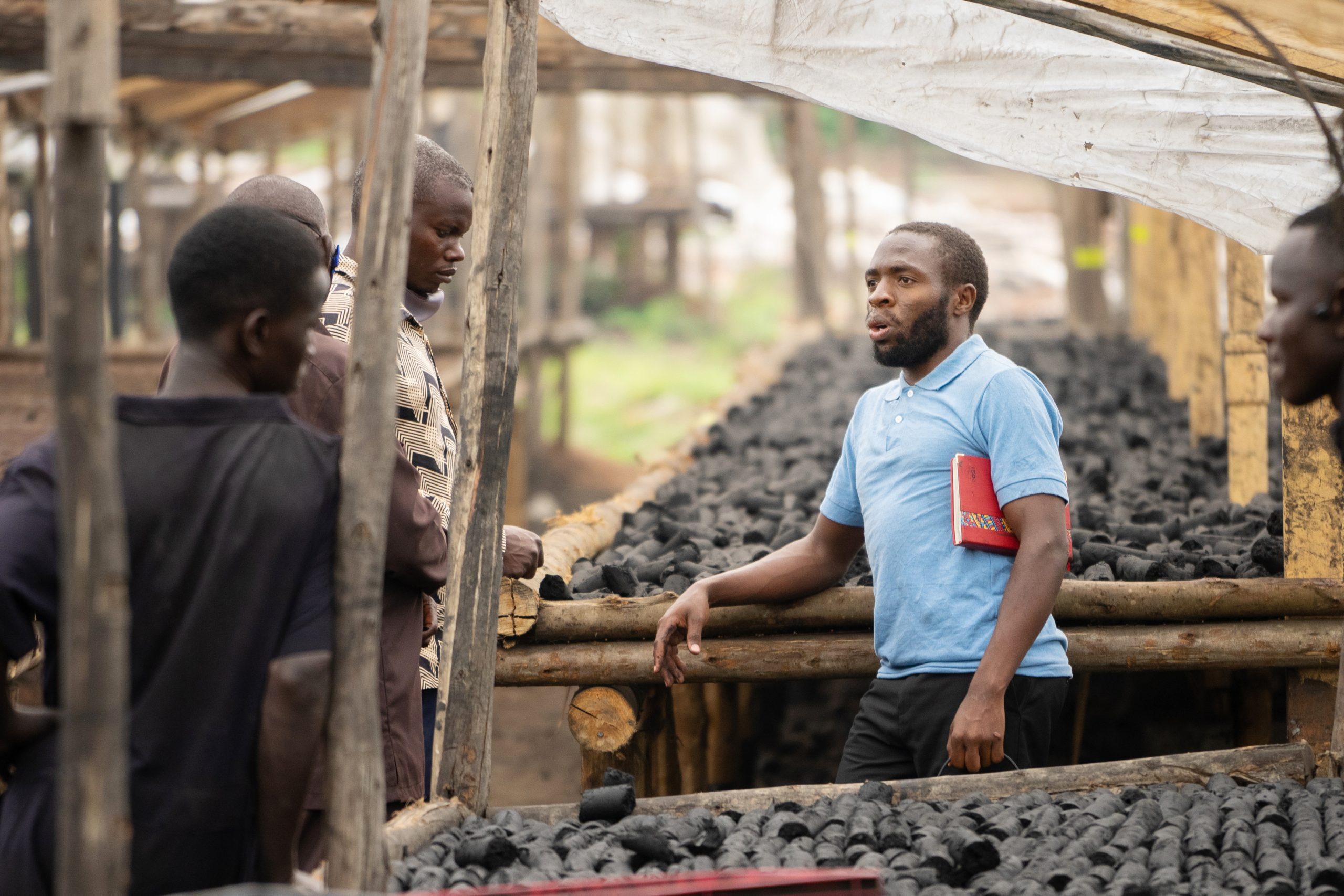
While working with last-mile communities, Ziwa noticed that many people struggled to visualise the possibilities of something new. Offering innovative financing solutions is vital when targeting low-income customers, but Ziwa understood that stimulating behavioural change through consumer education is also a critical factor in success. As GBE began to scale, around 2015, he also saw that skill-building and empowerment activities were needed to address youth unemployment and gender disparities. Ziwa worked with social development and energy experts to develop capacity building models and launched a consultancy department at GBE to implement a renewable energy training program. Educating customers on the benefits of clean energy products, while empowering women and youth in the target communities, improved GBE’s distribution results.
Innovating around ways to sustainably promote products while integrating behavioural change has been critical to GBE’s success. Selling to low-income customers requires consumer education and local resources should be utilised in distribution – we found that women are the change agent in communities and youth are the greatest promoters of clean cooking solutions. Due to my background, I became a good resource as I had knowledge with communities and had trained people before.
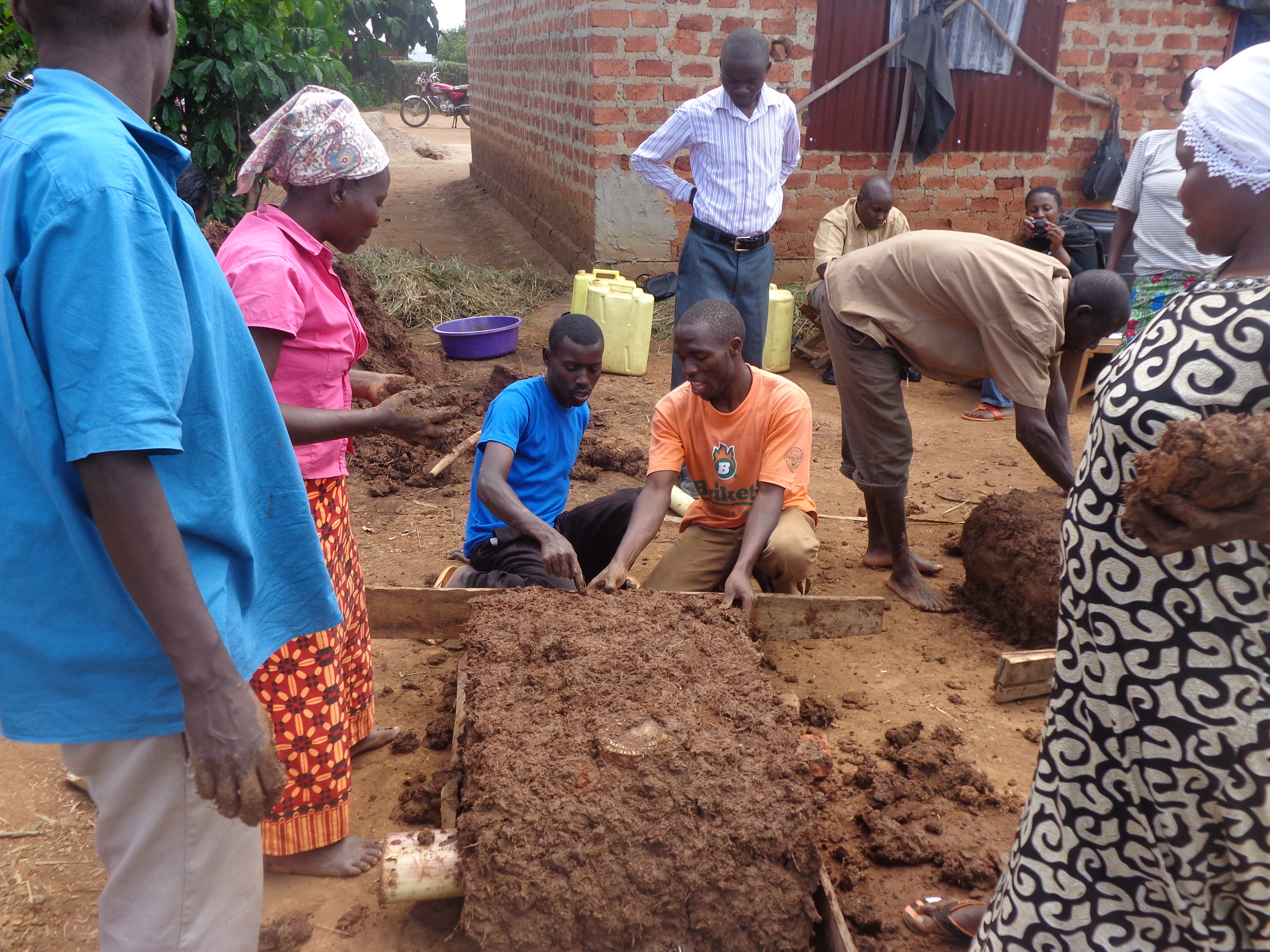
Green Bio Energy was named EEP Africa Project of the Year in 2017 for its achievements. During the following two years, Ziwa became Deputy Managing Director and then Managing Director of GBE. He joined the Whitney and Roy Partnership (WRP) academy and trained in sales, as well as becoming a consultant for social entrepreneurs. Under his leadership and strategic restructuring, GBE has continued to grow and has received recognition and support from ENGIE Energy Gatherers, UNCDF’s Renewable Energy Challenge Fund, and the Energy Global awards. Most impressively, Ziwa worked with GBE’s board of directors to successfully negotiated GBE’s participation in a carbon finance project that will run for 10 years starting in 2022.
I’ve learnt so much `{`as Managing Director`}`. Now I see the scope of problems and the business model at a corporate level. Our brands do not exist in isolation, they exist within a larger ecosystem of social businesses – all these efforts to consolidate clean energy innovations.
Looking forward, Ziwa aims to scale up GBE’s production capacity with carbon financing and establish a digital platform for sales and services. In his own professional development, Ziwa wants to learn more about impact investment at a global level, with a focus on waste and the circular economy. He is also passionate about youth education and the inclusion of marginalised communities. Ziwa aims to help the corporate sector develop localised models that pair high tech content with local experience, and create more opportunities for people on the ground.
When looking at sustainable consumerism, you are looking to improve the entire environment in which we live. I want a future whereby not only do jobs exist, but youth and women are in positions where they can actually feel the possibility to work in the renewable energy sector. This comes back to social business leaders like us.
Ziwa joined Green Bio Energy as an intern and naturally became its managing director in record time. That shows you his dedication to climate action, his respect from co-workers and his ability to lead in challenging environments.
Alexandre Hugo Laure, Senior Private Sector Analyst, World Bank (one of the founders of GBE)
Opening the PAYGo Clean Cooking Market in Zambia
Emerging Cooking Solutions pioneers PAYGo pellets and cookstoves in Zambia...
Eco-friendly Briquettes Improve Quality of Life
Green Bio Energy's business model promotes clean cooking and gender equality in Uganda...
Clean Cooking Solutions Save Time and Money
Customers of Supamoto's clean cooking solutions on the impact for Zambian households...



